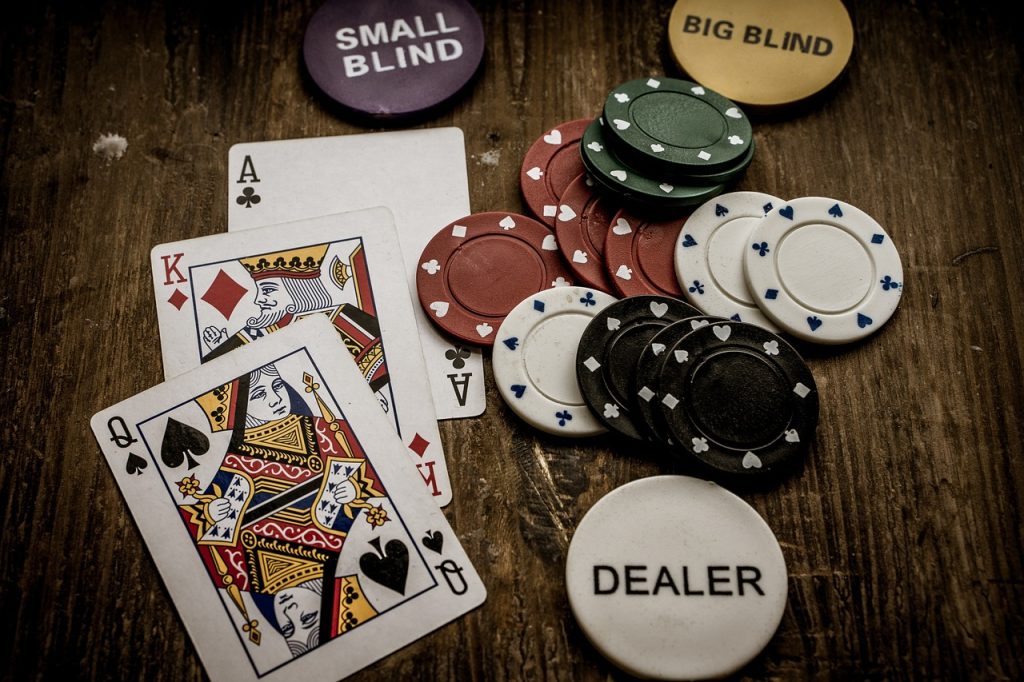Poker is a game that combines skill, strategy, and a bit of luck. Whether you’re a casual player or aspiring to become a professional, mastering the art of poker can be a thrilling and rewarding endeavor. In this article, we’ll explore some valuable tips and strategies that can help elevate your game to new heights.
Understanding the Basics of Poker
Before diving into the world of advanced strategies, it’s essential to have a solid understanding of the basics. Familiarize yourself with poker hand rankings, different variations of the game, and the fundamental rules that govern each round of play. This foundation will serve as a springboard for your poker journey.
Developing a Disciplined Mindset
One of the key attributes of successful poker players is a disciplined mindset. Emotions can cloud judgment and lead to poor decision-making. Learn to detach yourself from the outcomes of individual hands and focus on making mathematically sound choices based on the information available. Cultivating patience and discipline will help you stay in control and make rational decisions.
Familiarizing Yourself with Different Strategies
There are various strategies in poker, and understanding when to apply them is crucial. Familiarize yourself with concepts such as tight-aggressive play, bluffing, and position play. Each strategy has its strengths and weaknesses, so it’s important to adapt your approach based on the specific situation at hand.
Mastering the Art of Bluffing
Bluffing is an essential skill in poker that can give you a significant edge over your opponents. However, it’s essential to bluff strategically and selectively. Understanding the dynamics of the game and your opponents’ tendencies will enable you to identify opportune moments to execute well-timed bluffs. Remember, bluffing should always be used as a tool, not an instinct.
Reading Your Opponents
The ability to read your opponents and decipher their intentions is a valuable asset in poker. Pay close attention to their betting patterns, body language, and verbal cues. These subtle clues can provide insights into the strength or weakness of their hand, allowing you to adjust your strategy accordingly. Mastering the art of observation can give you a significant advantage at the poker table.
Bankroll Management
Proper bankroll management is often an overlooked aspect of poker success. Set aside a dedicated poker bankroll and establish guidelines for how much you’re willing to risk in each game or tournament. Avoid chasing losses and resist the temptation to play above your limits. By managing your bankroll effectively, you can minimize risk and ensure longevity in the game.
Continuous Learning and Practice
As with any skill, continuous learning and practice are essential in mastering the art of poker. Stay updated with the latest strategies, study renowned poker books, and analyze hand histories to identify areas for improvement. Additionally, engage with the poker community through forums and discussion platforms to gain insights from other experienced players. The more you invest in improving your skills, the greater your chances of success.
Conclusion
Mastering the art of poker is a journey that requires patience, discipline, and dedication. By understanding the fundamentals, developing a disciplined mindset, and incorporating strategic elements into your gameplay, you can increase your chances of success at the poker table. Keep learning, practicing, and refining your skills, and remember that success in poker is a combination of skill, strategy, and a touch of luck.








Facebook Comments